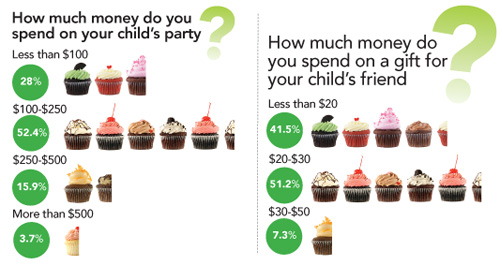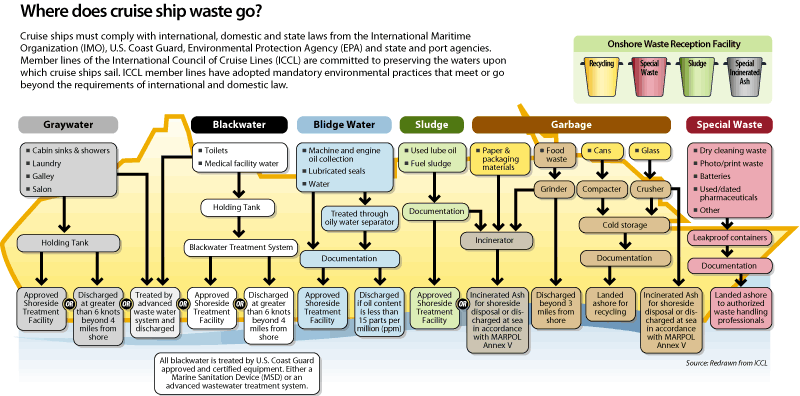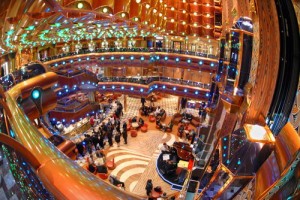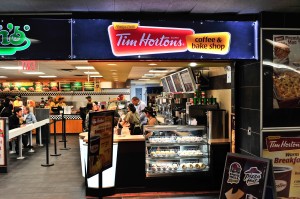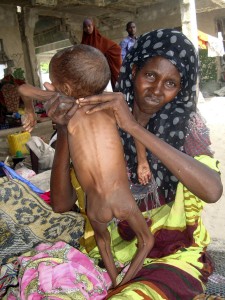Marlene Habib probes into the world of birthday party planning services in an article in The Globe and Mail on October 19, 2011.
Habib recognizes the growing potential in this relatively small industry by stating a variety of opportunities specific to the present, reminiscent of a SWOT analysis. The article then goes on to briefly describe a variety of small businesses which cater to coming-of-age children and pre-teens.
Opportunities include:
- More parents feel pressured to organize more extravagant birthday parties (40%, based on a study conducted with 500 parents).
- More and more parents face time-constraints of organizing parties.
Reality shows such as MTV’s “My Super Sweet Sixteen” follow a teenager’s journey to throwing an excessive coming-of-age party. These shows add to the growing demand for unique party plans.
Habib’s compilation of innovative party planning companies include an Ottawa-based reptile zoo, a “pop-star” recording studio for pre-teens, a martial arts studio in Moncton, and a children’s cooking school in North Vancouver.
Some interesting statistics:
54.9% choose to host their child’s birthday party at home.
20.7% go to activity centres designed for birthdays.
69.5% organize the party into games.
25.6% hire an entertainer.
ParentsCanada.com, May 2010



